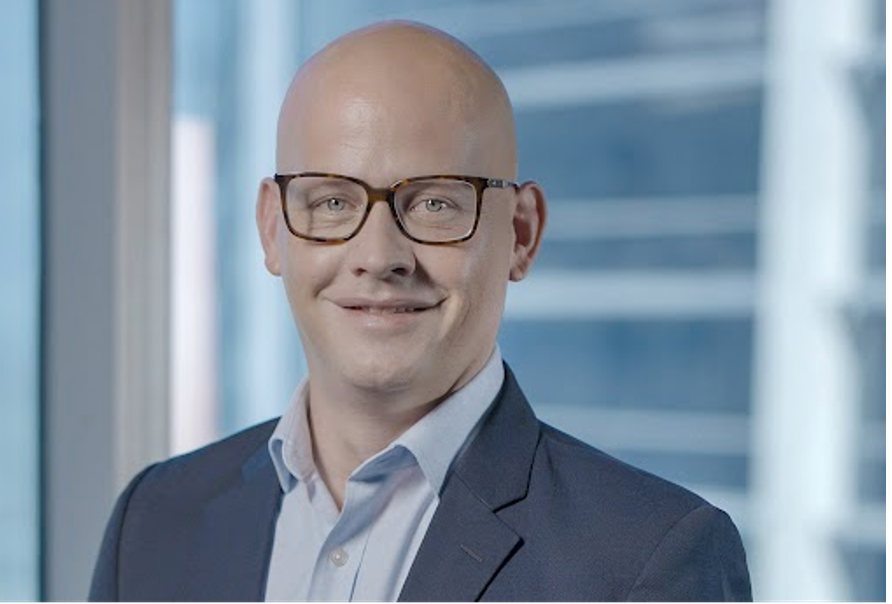RIYADH: Saudi developer Diriyah Co. is set to break ground on eight new hotels in November, according to the firm’s CEO.
Speaking to Arab News during the Future Investment Initiative, which is taking place in Riyadh from Oct. 29 to 31, Jerry Inzerillo shared details about the new accommodations, including the Baccarat Hotel, the Corinthia Hotel, and the Armani Hotel.
This initiative is part of a $62.2 billion giga-project backed by the Public Investment Fund, designed to create a lifestyle destination that celebrates Saudi culture and heritage, while positioning the Kingdom as a premier destination for tourism and leisure.
“Today, before we announce it in November, I’m giving you the scoop because we’re groundbreaking next month, eight new hotels,” Inzerillo said.
He elaborated on the projects, stating, “So, groundbreaking the Baccarat Hotel, the new Corinthia Hotel, the new Armani Hotel, beautiful, the new Fusion Hotel from Paris, the new Rosewood Hotel, the new Raffles Hotel, the new Ritz-Carlton, and the new Address. So, we’ll groundbreaking all of that.”
Inzerillo also mentioned the upcoming opening of the Bab Samhan Marriott Luxury Hotel for guests in November.
“So, all of a sudden now, our hospitality practice is really coming into full swing. I believe that by the time we get to Founding Day, we will have broken 3 million people visiting the UNESCO World Heritage Site,” he said.
“We have sold out the Ritz-Carlton residences. We’ve sold out the Oberoi residences. We’re selling a lot of the farms in the Wadi’s Safar. We’ve opened community centers; we’ve opened our sales center; we’re getting ready to open our new Zallal, which is going to be fabulous, at the end of March, April. So, we’re so happy because we’re on time and on budget with 40,000 construction workers on the job as of today,” he added.
In discussing the locations of the new hotels, Inzerillo noted that Diriyah encompasses a complete historical zone.
“What we’re going to announce next year with us together is our spectacular new boulevard like the Champs-Elysees, same length, 1.9 km. We’re going to be revealing it next year,” he said.
“But the hotels that I mentioned are all in historical Diriyah; some are at King Salman Square, some are up by the industrial site,” he added.
Inzerillo anticipates that most of the hotels will be fully operational and ready for tourists by 2027. This timeline is primarily due to the extensive infrastructure work required to make historical Diriyah a 4 km walkable, pedestrian-friendly city akin to Florence, which involved building 10 million cubic meters of infrastructure underground.
“That took us three years. It took two years to engineer and design it. But now, by the end of 2025, that will be all capped off, and then the buildings can come up very quickly. So today is also not just about quantity but about quality,” the CEO added.
He also highlighted a key distinction: While Riyadh is growing and requires a diverse range of hotels, Diriyah will focus exclusively on four- and five-star accommodations.
“So, we don’t have big convention hotels. We don’t have 800-room hotels. So, most of the hotels in terms of size range from 50 rooms to 250 rooms,” Inzerillo noted.
Regarding climate control in the walkable areas, the CEO shared that 60,000 parking spots are air-conditioned and cool, with 6,000 already operational and profitable.
“Now, if you want to park your car, keep it cool and then come up, you can come up into the walkable area,” Inzerillo explained.
He added that the buildings will feature a mud color, with close corridors for added shade.
“But then we have heat mitigation. We’ll be putting cooling under the floors, cooling on the roofs, you know, misting. So, the blowing of air, the supply of air,” he said.
“Historical Diriyah is 50 meters above the Wadi. So, Diriyah is always 5 to 7 degrees cooler than the rest of Riyadh. So, we’re hoping, you know, this summer June, July, and August is quite hot, but all the restaurants are indoor, outdoor, all the hotels are indoor, outdoor. So, Diriyah, it will be ready and enjoyable and programmable every single day of the whole year,” the CEO stated.
On the topic of investment, Inzerillo revealed that the developer signed three deals on the first day of the forum.
“This morning, it’s interesting because I had an Italian developer that we’re doing a $200 million deal with, a Colombian investor that we’re doing a $100 million deal with, and an Emirati investor that we’re doing a $200 million deal with,” he said.
This surge in investment is linked to significant growth across the Kingdom, especially in cities like Riyadh, Jeddah, Makkah, Madinah, and Dammam, attracting considerable foreign and Gulf investment.
Inzerillo shared further details about the agreements: “Two of the deals, two of the conglomerates were only interested in hotels. So now we, as the developer, will build the 42 hotels with the management companies, and then they will take out the equity; they will own the hotels.”
He continued: “One of the other deals today was for residences, 138 residences. So, we will co-develop as developers, but they will own the residential complex.”
Looking ahead, Inzerillo said: “When we welcome people from all over the world for the largest expo ever planned, 2030, historical Diriyah, it will be basically finished.”
He added: “By that time, we will have over almost 30,000 staff that will be predominantly Saudi workers and leaders.”
The CEO emphasized that Diriyah and the Kingdom would be ready to welcome millions of visitors by then.






























